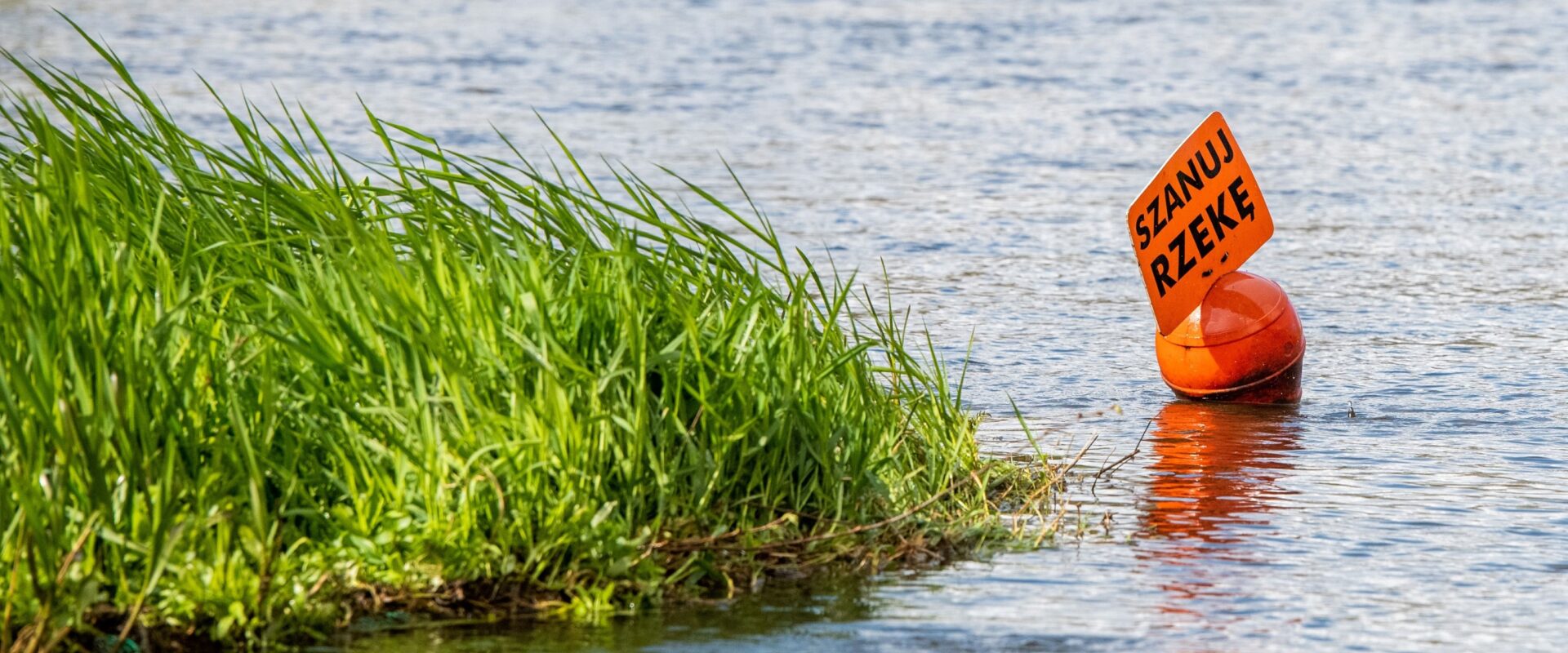Water heritage. A case study of the Warta River in Poznań/Posen in the nineteenth and twentieth centuries
Research objectives and significance of the project
The project exploring the water heritage contributes to the development of knowledge which is of both scholarly and social relevance. In light of the real problem of desertification (likewise in Greater Poland) and the hydrological drought facing Poznań, as well as the conflicts that could be caused by water shortages, it is necessary to increase social awareness of the importance of water in order to preserve water resources. What is lacking in existing Polish scholarship is a holistic approach to water, with the dearth of research that would take into account recent trends in exploring the future of water and its heritage, including natural-cultural heritage, particularly noticeable. The core concept of “water heritage” will help to develop a reading of the past that is future-oriented and involves both diagnostic and critical aspects, while also possessing preventative potential. The key objective of the research, conducted in cooperation with cultural institutions, is to develop a framework for protecting and preserving the heritage of water, while also encouraging educational and preventative measures that will inspire social initiatives.
The project goal involves developing and theorizing the concept of water heritage, analysing and verifying the diagnostic, critical and potentially preventive role and significance of the concept of water heritage. The project will identify social practices that are indicative of taking responsibility (consciously or unconsciously) for the Warta River. It presupposes an analysis of the development of the city of Poznań (Posen) in the nineteenth and twentieth centuries with a focus on the role of the Warta River in the construction of natural-cultural human and spatial identities. This project has also theoretical ambitions. Its goal includes evaluating the potential contained in recent trends emerging in water studies and natural-cultural heritage for developing project’s theoretical framework and creating new analytical tools and small-scale grounded theories for studying water heritage.
The analysis of the history of the river together with the environmental history of the city will address the following research questions: what forms did the “conflict” over regulating the river channel and the changing of the function of wetlands take? What philosophical, ethical and ecological principles provided the basis for practices and ideas of taking responsibility for the river? How can perceiving the river as “hydroheritage” help towards creating natural-cultural human and spatial identities? The findings relating to the above questions will contribute to the broader question: what understanding of water heritage could be the most effective in protecting water resources and in neutralizing potential water conflicts?
Description of Research
The research plan involves: collecting source materials in Poland and abroad relating to water heritage; conducting a critical review, update and analysis of existing literature; creating source material through documentary photographs and interviews; analysing and interpreting source material; producing a critical edition of archival sources and sources produced in the course of
the project; developing new analytical categories and small scale grounded theories. The research findings will be presented in the PhD dissertation, as well as in peer-reviewed journal articles, in a critical edition of research data sources and in atemporary exhibition addressing environmental protection, with a particular focus on rivers.
Substantial results expected
Expected outcomes of the research will offer an innovative contribution to the theory and methods of historical research thanks to the application of the new research perspectives and theoretical frameworks (affirmative humanities, potential history, rescue history, critical heritage studies, the concept of natural-cultural heritage, environmental urban history, and a practical methodology based on grounded theory). By creating new analytical tools and small-scale grounded theories, the project will enrich the theoretical potential of ecological humanities, environmental history and local history. It will help to build bridges between the sciences and the humanities (history and eco-hydrology). The project will expand the sourcebase by developing eco-or hydrotraces found in the water/river, as well as qualitative sources (such as documentary photographs and interviews). It will enable historians to become involved in discussions taking place in the more avant-garde realms of the humanities and social sciences, including debates about water security, relations between climate change and the risk of violent conflicts. The research and activities that will be conducted in cooperation with cultural institutions will develop a framework for protecting and preserving water heritage, while also encouraging educational and preventive measures that will stimulate social initiatives.
PhD student: Michal Kepski
Primary adviser: Professor Ewa Domańska
This PhD is part of a grant entitled “Water Heritage. A case study of the Warta River in Poznan/Posen in the 19th and 20th centuries” and founded by the Polish National Science Centre (2021-2025, grant no. 2020/39/O/HS3/01165).
